RANGELEY — Sometimes the awesome wonder of the world can leave anyone paying attention speechless.
But the thousands of people watching Monday’s total eclipse of the sun at Lakeside Park knew just what to say as a midday darkness descended: “Oooooh” or perhaps “aaaaaah.”
There aren’t any words to capture a moment like that.
Phenomenal. Amazing. Terrific. Unbelievable. They all sound trite in the face of something so fundamentally inspiring.
What everyone saw over the course of about 75 minutes was a black void slowly gobbling up the sun, leaving it in the end looking more like an astonishingly bright crescent moon than the ball of fire we rely on.
The day itself, sunny and warm without a cloud in the sky, could hardly have seemed more out of place for early April.
But shortly before 3:30 p.m., the round void, black beyond compare, finished covering the sun, and the sky turned dark as if evening had descended all at once.
The temperature dropped.
In the darkness overhead, a ring of fire surrounded the void while planets popped out for a daytime appearance.
Only the blues and reds on the distant horizon, hanging just over the mountains, seemed out of place for nighttime.
Totality lasted two and a half minutes. But everyone who saw it will never forget what they witnessed.
The eclipse, created by the moon passing in front of the sun so that it casts a shadow on the Earth’s surface, began in the Pacific Ocean, cut across northern Mexico into Texas and then headed to Maine and beyond.
Typically, this time of year, four out of five days are cloudy, or worse, so a sunny Monday in Maine in early April could hardly have been expected. Yet it happened.
The moon’s shadow moves across the earth’s surface quickly.
The Rice Space Institute in Houston said shadow moves at 2,288 miles per hour, but since the Earth is rotating quickly as well, the effective speed of the shadow is always at least 1,000 miles per hour. In short, it doesn’t stay put for long.
The centerline of this year’s eclipse in Maine ran between Jackman and Houlton, with Keough — an area in the unorganized territory of North Franklin — experiencing the longest period in the semi-dark, a tad more than 3 minutes and 27 seconds.
The eclipse marks just the third time since the Civil War that Maine has had a total eclipse. The others were in 1932 and 1963. It won’t have another one until 2079.
But around the globe, they aren’t rare. On average, one happens every 18 months. The thing is, though, that their paths vary widely and are relatively narrow so they don’t often happen in the same place.
Getting a chance to see one without significant travel is rare. Plus, of course, there’s no guarantee the weather will cooperate with unrelated astronomical phenomena. Clouds, in short, have a way of getting in the way.
Maine got lucky Monday.
Send questions/comments to the editors.





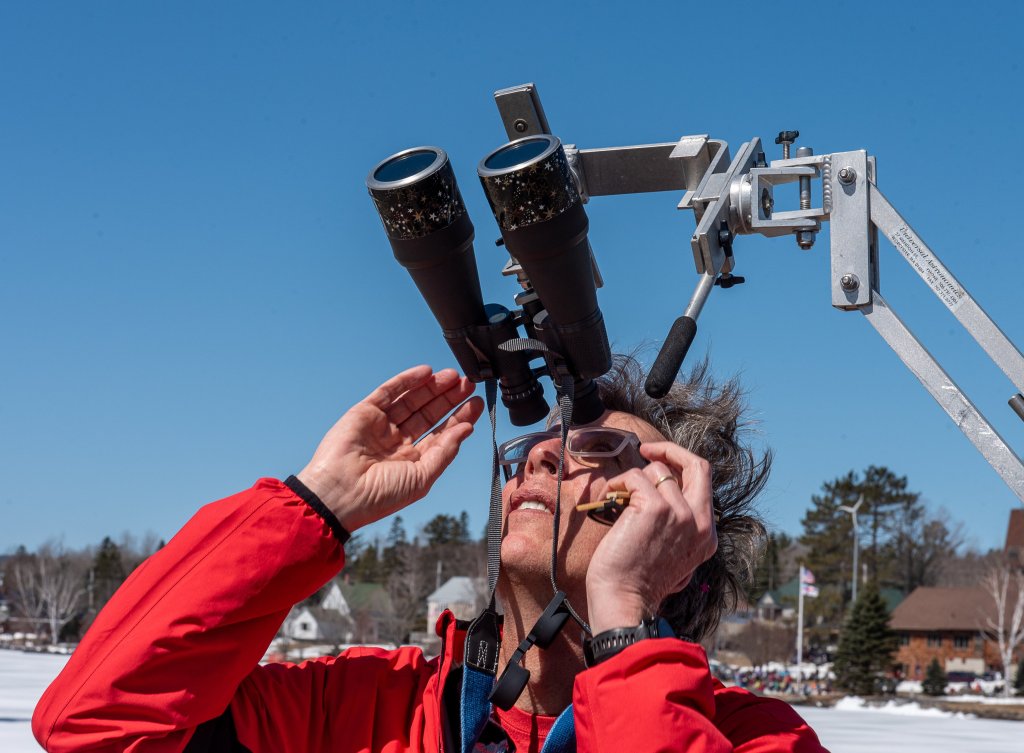

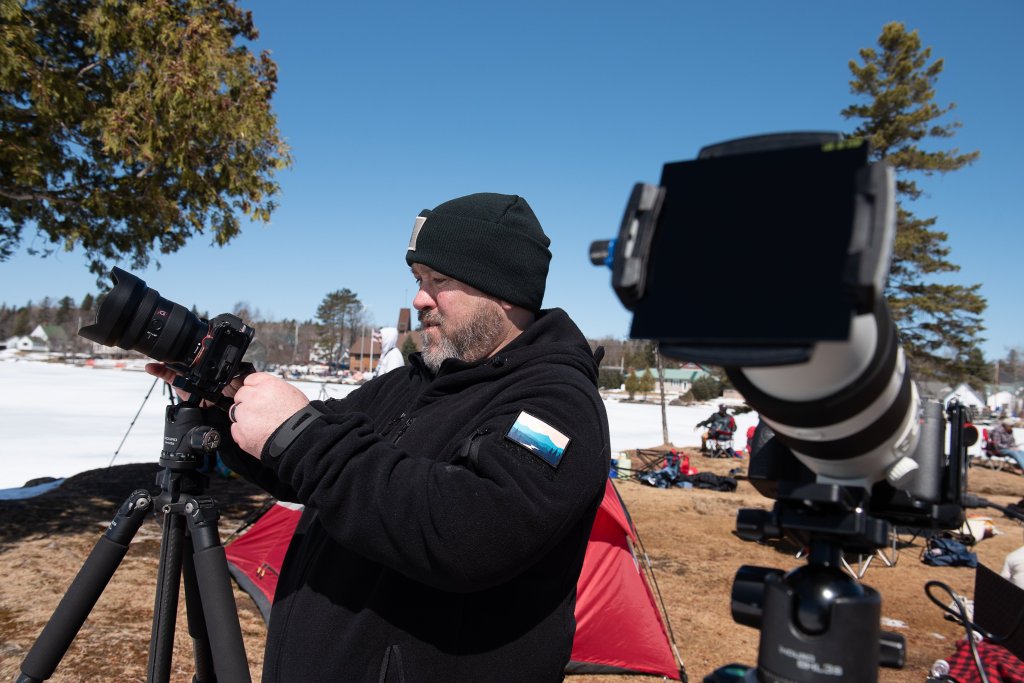
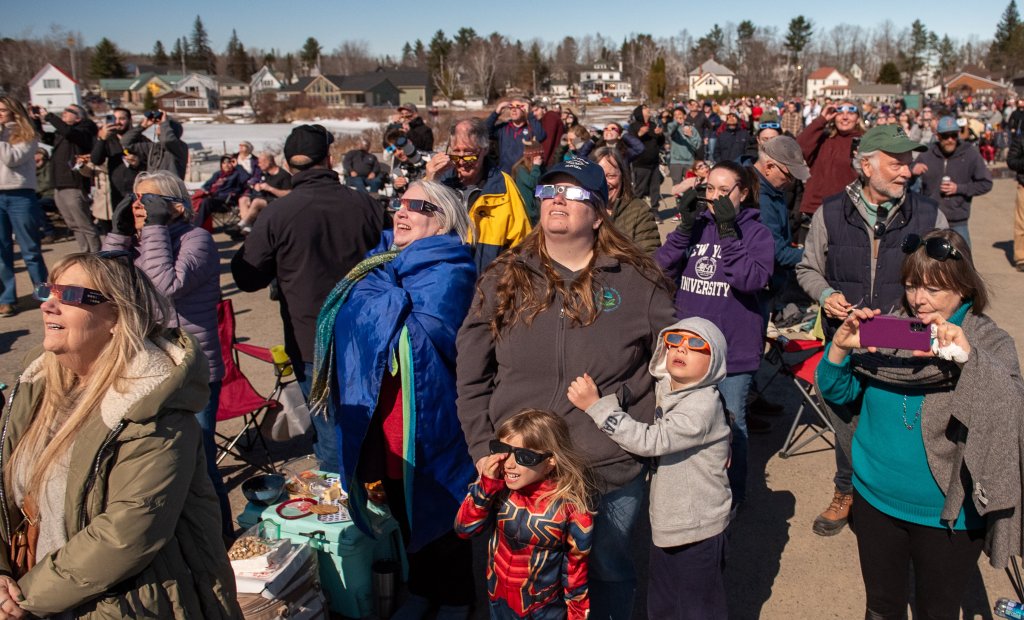
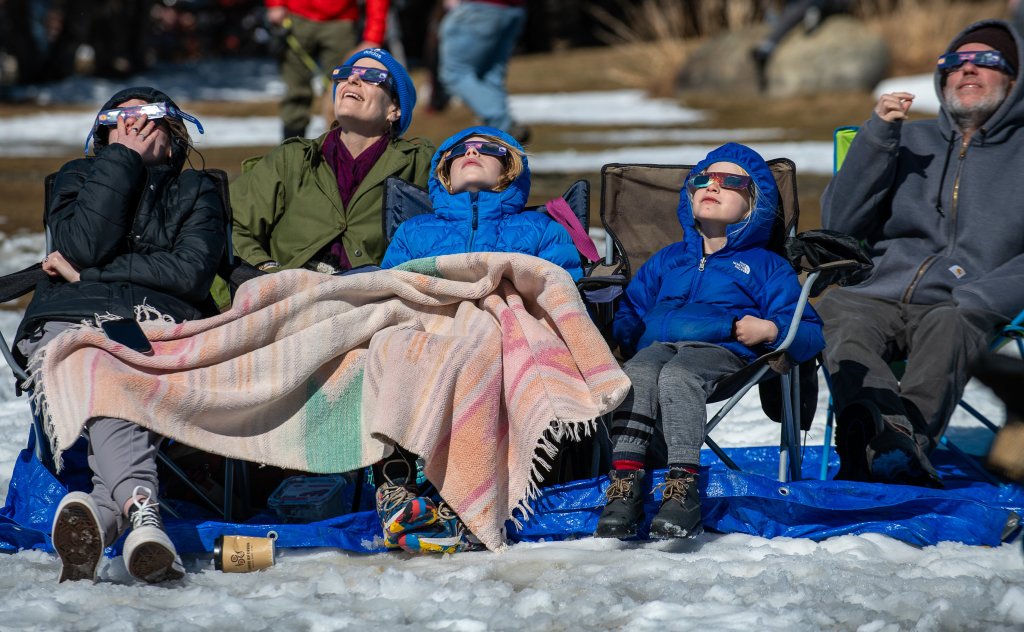
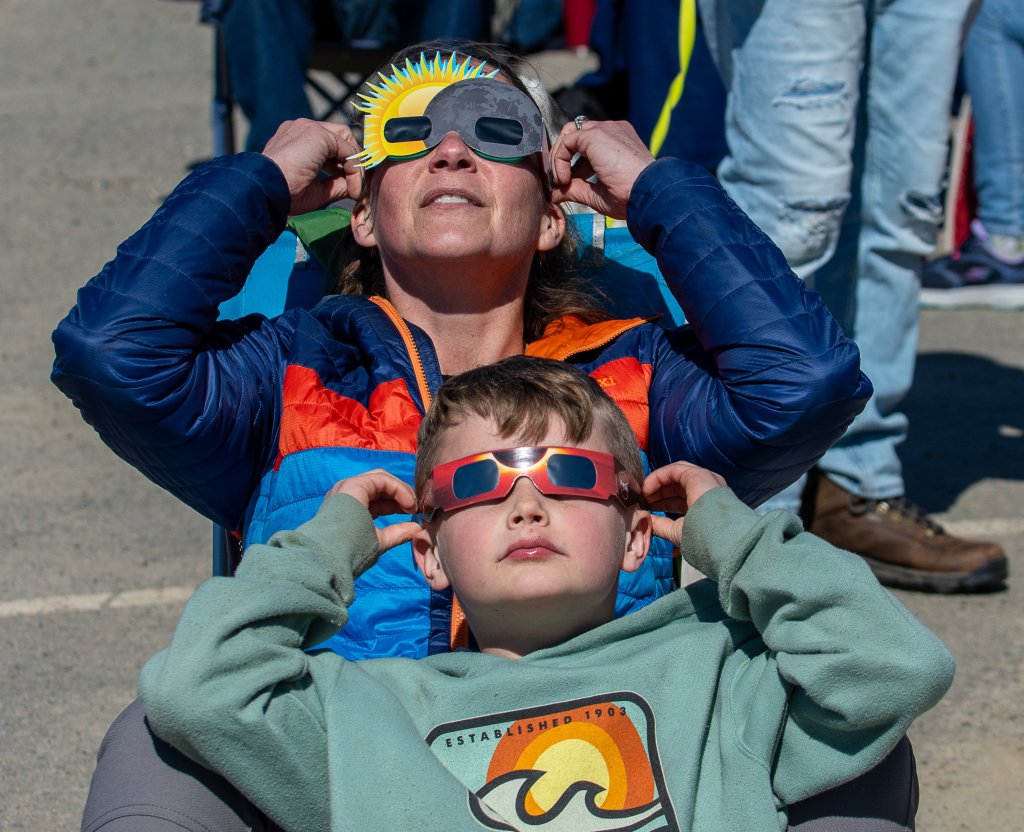




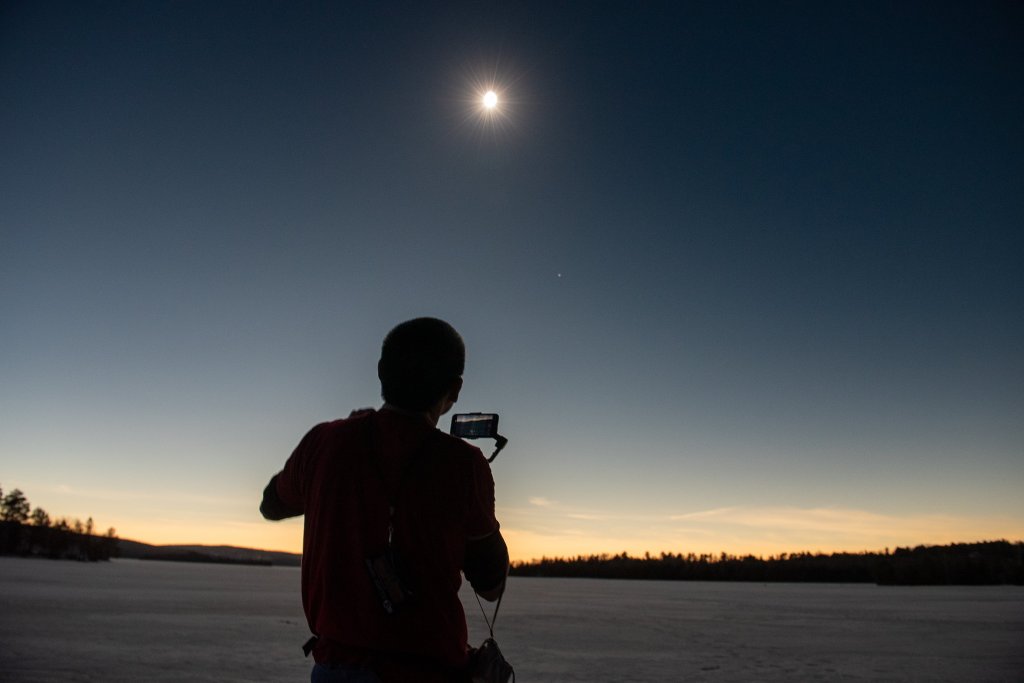


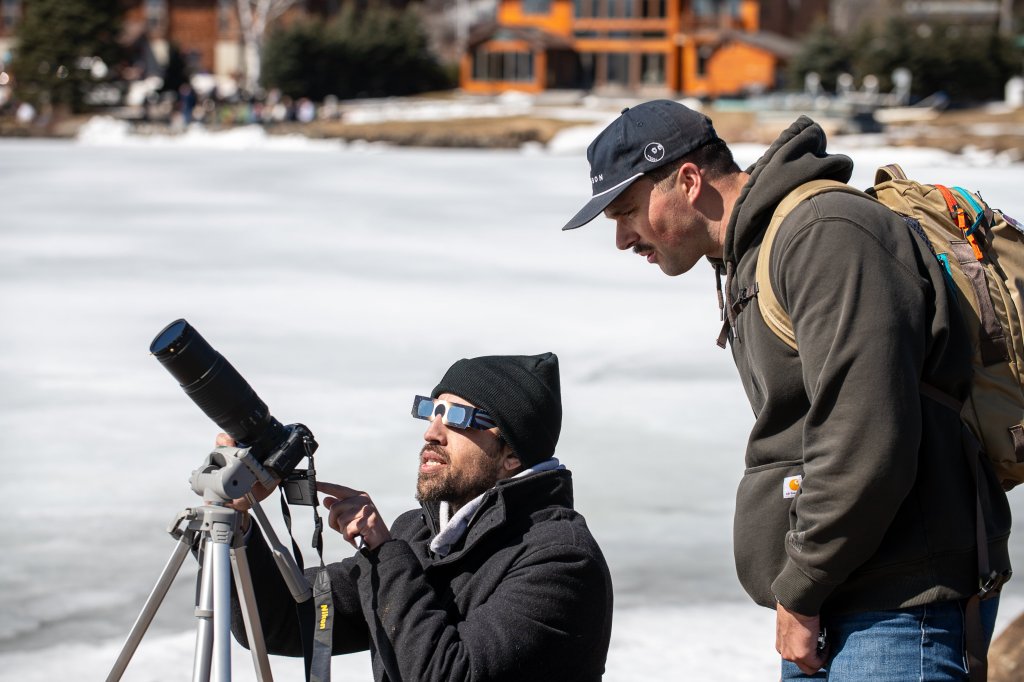



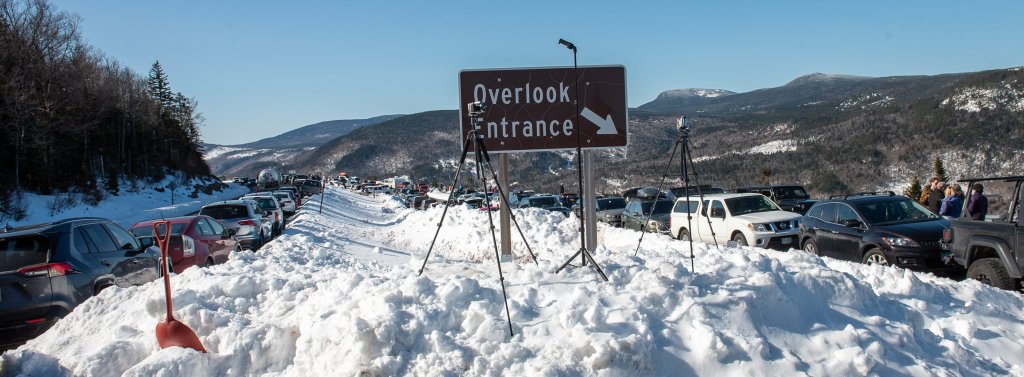



Comments are no longer available on this story